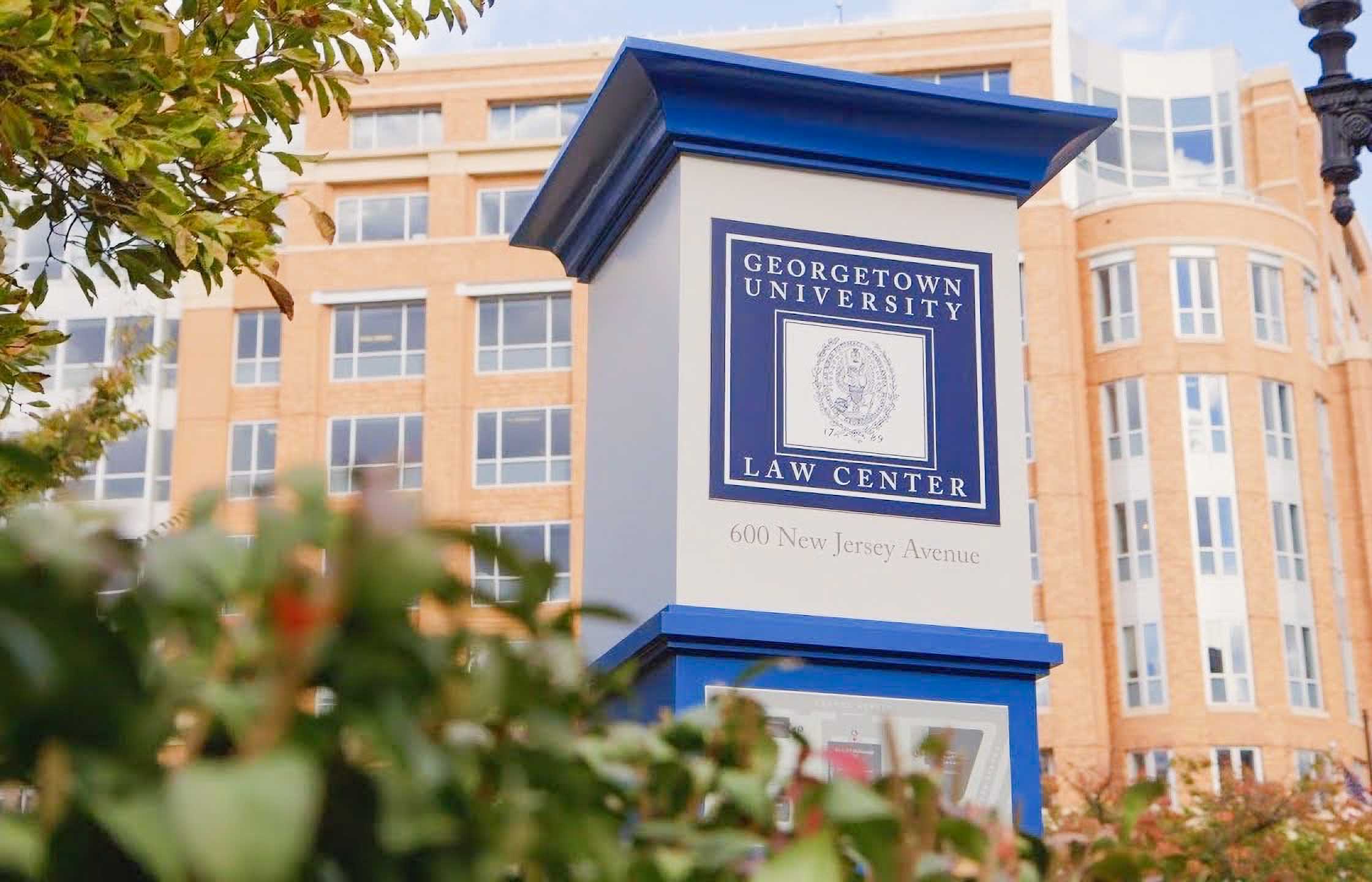Norton introduces bill to protect LGBTQ rights from congressional meddling
Congress has previously tried to undermine D.C.'s local nondiscrimination laws

Congresswoman Eleanor Holmes Norton, the District of Columbia’s non-voting delegate to Congress, has introduced a bill to protect D.C.’s LGBTQ rights and reproductive freedom laws from attempts by Congress to misuse the federal Religious Freedom Restoration Act in order to condone discrimination.
As written, RFRA requires that strict scrutiny be applied in situations where people claim their First Amendment right to practice their religion as they see fit has been violated. That means that even a law that is generally applicable to the wider public must be evaluated carefully to see if it infringes upon a person’s exercise of that religion. There is an exception, however, if the government has a compelling interest in enforcing a particular law, and if it can prove that the law is being carried out in the “least restrictive” means possible.
RFRA applies to the federal government the D.C. government, and territorial governments, but does not impose the same restrictions on other states, many of which have their own RFRA laws that suss out the degrees to which a person is able to practice their religion without infringing on the rights or freedoms of others.
Recent fights over the extent of RFRA laws have generally dealt with controversial social issues, such as employers who do not wish to provide insurance coverage for employees’ access to contraception, or the ability of LGBTQ people to receive services at places of public accommodation.
“While originally well-intentioned, RFRA has been turned on its head, as evidence by the Hobby Lobby decision,” Norton said, referring to a Supreme Court case finding that the contraceptive mandate for employes in the Affordable Care Act was overly broad.
“RFRA was designed as a shield to protect religious freedom, but is now being used as a sword to discriminate against the LGBT community and women,” Norton said in a statement. “Indeed, Republicans in Congress have used RFRA as a justification for trying to overturn D.C. anti-discrimination laws. Whatever its use, RFRA should not be applied to the District of Columbia government. RFRA does not apply to the states and, therefore, should not apply to the District.”
In 2015, LGBTQ activists warned that some in Congress were seeking to intervene in District affairs by nullifying the District’s Human Rights Amendment Act, which eliminated the Armstrong Amendment. The Armstrong Amendment was an exemption to the District’s Human Rights Act that allows religiously-affiliated colleges and universities to discriminate against LGBTQ students or allies who they believe are engaged in the “promotion of homosexuality.”
Perhaps sensing an unwillingness, at the time, to pursue anti-LGBTQ actions, House Republicans chose to instead spend their political capital pursuing ways to restrict the District’s reproductive freedom laws. Over the past three years, Congress has tried three separate times to nullify or overturn D.C.’s Reproductive Health Non-Discrimination Amendment Act, which prohibits employers from discriminating against employees or their families based on their reproductive health decisions, such as whether to use birth control.
During those fights, D.C. area LGBTQ activists have consistently stood in solidarity with their allies in the reproductive justice movement, realizing that an overly broad interpretation of RFRA also threatens to undermine the District’s laws prohibiting discrimination based on sexual orientation or gender identity. That’s why both movements continue to oppose riders or amendments to congressional legislation that would restrict the District’s ability, as granted by the 1973 Home Rule Act, to pass its own laws.
Support Metro Weekly’s Journalism
These are challenging times for news organizations. And yet it’s crucial we stay active and provide vital resources and information to both our local readers and the world. So won’t you please take a moment and consider supporting Metro Weekly with a membership? For as little as $5 a month, you can help ensure Metro Weekly magazine and MetroWeekly.com remain free, viable resources as we provide the best, most diverse, culturally-resonant LGBTQ coverage in both the D.C. region and around the world. Memberships come with exclusive perks and discounts, your own personal digital delivery of each week’s magazine (and an archive), access to our Member's Lounge when it launches this fall, and exclusive members-only items like Metro Weekly Membership Mugs and Tote Bags! Check out all our membership levels here and please join us today!























You must be logged in to post a comment.